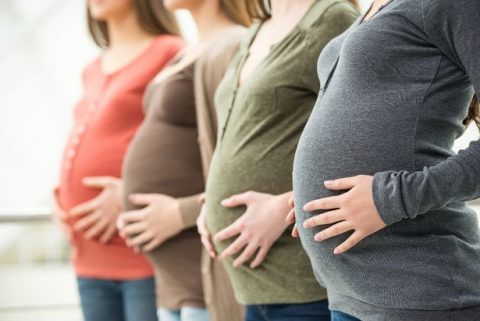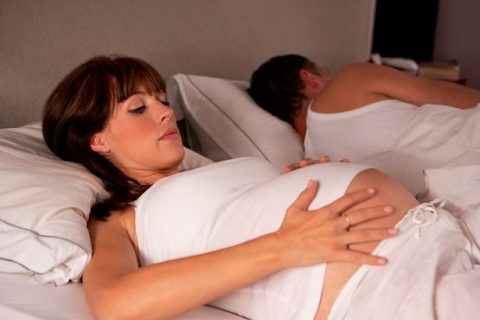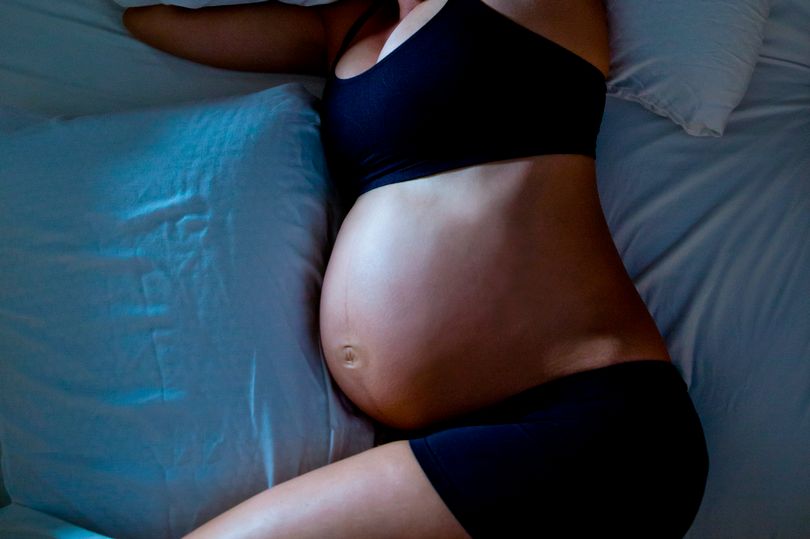For most women having a baby is an exciting prospect, full of joy and happiness.
But for some mothers-to-be it’s the opposite. They’re filled with mortal dread of pregnancy and birth.
They’re suffering from a true phobia called tocophobia.
Such a degree of fear and apprehension isn’t only detrimental to the mother but to the baby as well. And more women are suffering from it.
The word tocophobia comes from the Greek word tokos, meaning “childbirth” and phobos, meaning “fear”.

Tocophobia is an intense anxiety or fear of pregnancy and childbirth, with some women avoiding pregnancy and childbirth altogether. Women who suffer from tocophobia often feel alone in their angst.
They’re terrified of what pregnancy may hold for them. It’s the expectation of unknown pain that worries women beyond measure making them inexpressibly anxious.
This dread has led women to avoid pregnancy for fear of dying, despite their desperately wanting children.
Many of them are never able to overcome this fear and scrupulously use contraception, often using one or more methods simultaneously “just in case”.
Although a few women remain childless, others decide to adopt.
Occasionally tocophobia can stem from early childhood.
Negative feelings towards childbirth can be passed between mother and daughter, or result from sexual abuse, or arise after seeing a film of childbirth early in life with no explanation or support.

Swedish researchers have explored this phenomenon of anxiety and fear in childless women as well as in those with children.
Unsurprisingly childbirth fear is more frequent amongst women having their first child than women who’ve already had a child.
Childless women and those already mothers have similar symptoms.
Their fear can be so intense it forces them to ask for a caesarean section, as labour and vaginal birth are too difficult to contemplate.
They suffer from sleeplessness, crying episodes, restlessness and nervousness.
Anxiety about pregnancy and labour can lead to complications of labour and increase the need for interventions during labour.
After delivery, the woman’s own feelings about how she coped is likely to have psychological repercussions for her, the baby and, in turn, the whole family.
Anxiety during the antenatal period is linked to an increased risk of postnatal depression. Sometimes bonding and attachment towards the baby can also be affected.
As you might expect, anxiety can lead to an increased number of requests for caesarean and instrumental deliveries. In one Scandinavian study, anxiety and fear were connected with premature birth, delayed delivery and low birth weight.
Tocophobia is a serious matter.

